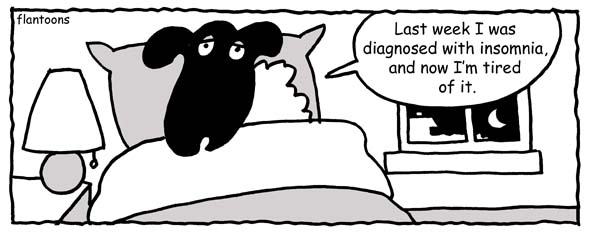
I was very excited to hear more details about the Olympics opening ceremony, particularly as it’s in my city this year and some of my friends are performing in it! Read through this article and try to answer the true or false questions below.
What are your opinions on the Olympics? Do you think London will be a good host? As always, let us know your opinions!
If your interested in being in London during the olympics try our London English school.
Lesson by Caroline
In English we have many different ways of emphasing a particular point. Words like 'very' and 'extremely' are the most known by students.
Others ways to do this are with 'so' and 'such'.
If you say: "it's so hot today!", it's a stronger emphasis than saying "it's very hot today."
The structure is: SO + ADJECTIVE
Another alternative is by saying "It's such a hot day!" This is also stronger than 'very'
The structure is: SUCH + ADJECTIVE + NOUN
Adverbs describe the way an action is completed and are commonly thought of as 'y' words.
For example, the adverb form of the adjective loud is loudly.
How well can you remember them? In each sentence, replace the adjective with the correct adverb (and be careful with your spelling):
Lesson by Caroline

This joke is based on the meaning of the word insomnia and the idiom tired of:
Insomnia (in-SOM-ne-ah) is a common sleep problem. People who have insomnia have trouble falling asleep at night. As a result, they get too little sleep or have poor-quality sleep.
In this quiz, I’m going to give you a word and two definitions. Your job is to decide which definition is correct.
When you are finished try and make your own sentences in using the 10 words. Write your sentences in the comments area.
Lesson by Caroline
Have you ever come across a random group of letters in a conversation or in a text and wondered what they mean?
Sometimes in English, we shorten words or phrases for convenience.
This has become even more common since we began using text messages and emails to communicate.
In each of the sentences below, do you know what the abbreviation stands for?
Can you think of any others?
Which is the correct meaning for each abbreviation?
Verbs are words for doing something, or being something. "This movie amuses me."
In this example, "amuses" is a verb. "Amuses" is what the movie is doing.
An adjective is a word that describes something.
We can use "amuse" as an adjective. If we want to describe the movie with "amuse", we must change "amuse" to "amusing".
"This movie is amusing."
Basically, a phrasal verb is a combination of a verb with at least one other word. These can be a verb and an adverb, a verb and a preposition, or even a verb with an adverb and a preposition.
Example: "John flew off the handle." Which means that John became very angry.
1. grow up - behave responsibly; behave as an adult, not a child.
An idiom is a phrase (a group of words) which means something different from the meanings of the separate words. "Sally let the cat out of the bag" does not mean that Sally took a real cat out of a real bag. It means that she told a secret by mistake.
How well do you know the folllowing idioms?
Go means to move from one place to another e. g "I go to school by bus."
When we add a preposition with go, we use "went" e.g. "John went into his room and shut the door."